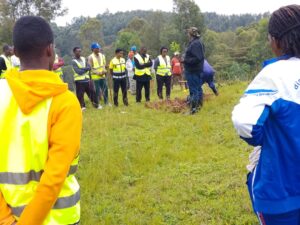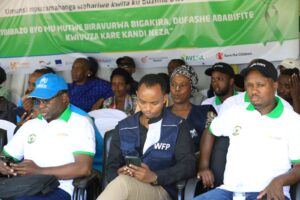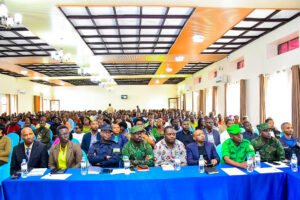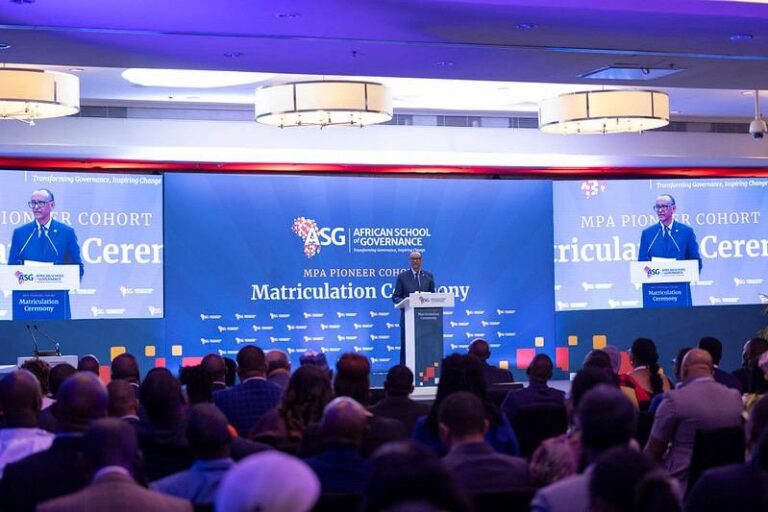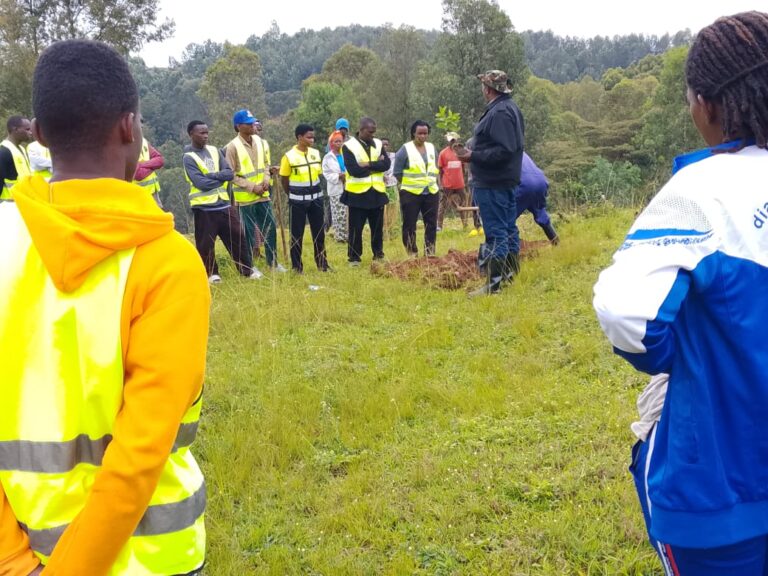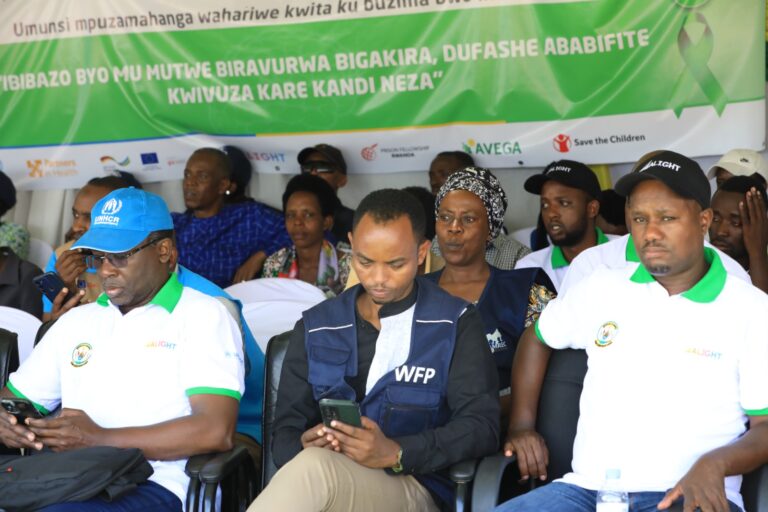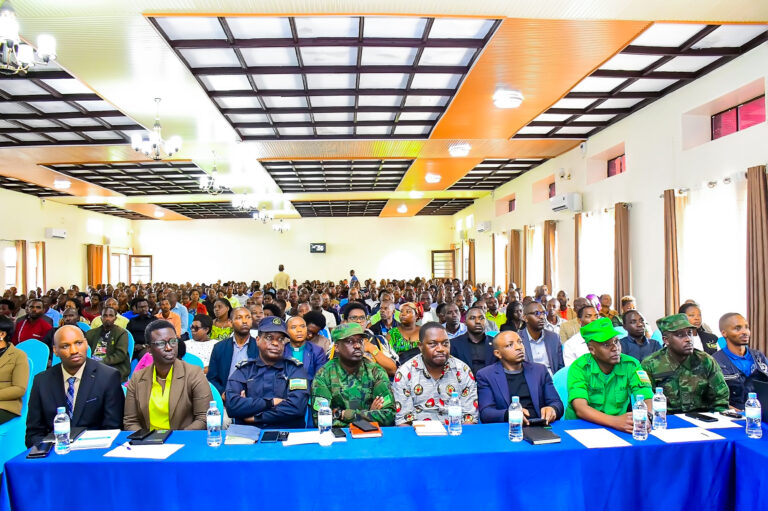As universities strive to deliver well-rounded education, there is a growing need to prioritize the development of soft skills alongside academic knowledge.
These skills empower graduates to transition seamlessly from academic environments into the complexities of the professional world, setting the foundation for long-term success.
One innovative proposal is the introduction of a session titled “The Last Lecture,” at Institut Catholique de Kabgayi (ICK) which designed to equip graduates with critical soft skills before they leave the university.
This concept is inspired by international practices where institutions bridge the gap between academic achievement and workplace readiness.
By incorporating this session into the academic calendar-after thesis defenses but before graduation-universities can better prepare graduates to navigate the challenges of an ever-evolving job market.
Why softs skills matter
While technical expertise and academic qualifications open doors, soft skills often determine whether individuals thrive in their careers.
Employers increasingly value attributes like adaptability, emotional intelligence, and communication, which enable employees to work effectively in dynamic environments.
To address this demand, “The Last Lecture” would focus on fostering skills that are often overlooked in traditional curricula.
Here are the key areas proposed for inclusion:
Networking: Building professional relationships is crucial, as many opportunities are discovered through personal connections rather than job boards.
Resilience after rejection: Rejection is an inevitable part of life. Learning to handle setbacks constructively helps graduates grow and persevere.
Volunteering and visibility: Engaging in volunteer work provides practical experience and enhances visibility in professional and community settings.
Adaptability: The ability to adjust to change is a vital asset in a fast-paced, technology-driven world.
Time management: Balancing responsibilities effectively ensures productivity and personal well-being.
Effective communication: Strong verbal and written communication skills are essential for interviews, workplace collaboration, and leadership.
Emotional intelligence: Understanding and managing emotions, while empathizing with others, enhances teamwork and leadership potential.
Financial literacy: Knowledge of budgeting, saving, and personal financial management supports long-term stability and independence.
Critical thinking and problem-solving: Employers value individuals who can analyze challenges and develop innovative solutions.
Patience and long-term vision: Recognizing that success is often incremental encourages persistence and strategic thinking.
“The Last Lecture” is not limited to one institution, it represents a valuable initiative for universities worldwide. By integrating this session into their programs, universities can enhance the professional readiness of their graduates, ensuring they leave as capable, confident individuals ready to tackle real-world challenges.
For graduates, this lecture would provide an invaluable toolkit for navigating their careers and personal lives.
For universities, it reinforces their role as transformative spaces where students develop the skills needed to succeed in a globalized, competitive workforce.
As the academic landscape evolves, initiatives like “The Last Lecture” serve as a reminder of the responsibility educational institutions hold in shaping future leaders.
It is not just about academic success but about nurturing adaptable, empathetic, and innovative individuals prepared to make meaningful contributions to their communities and beyond.




